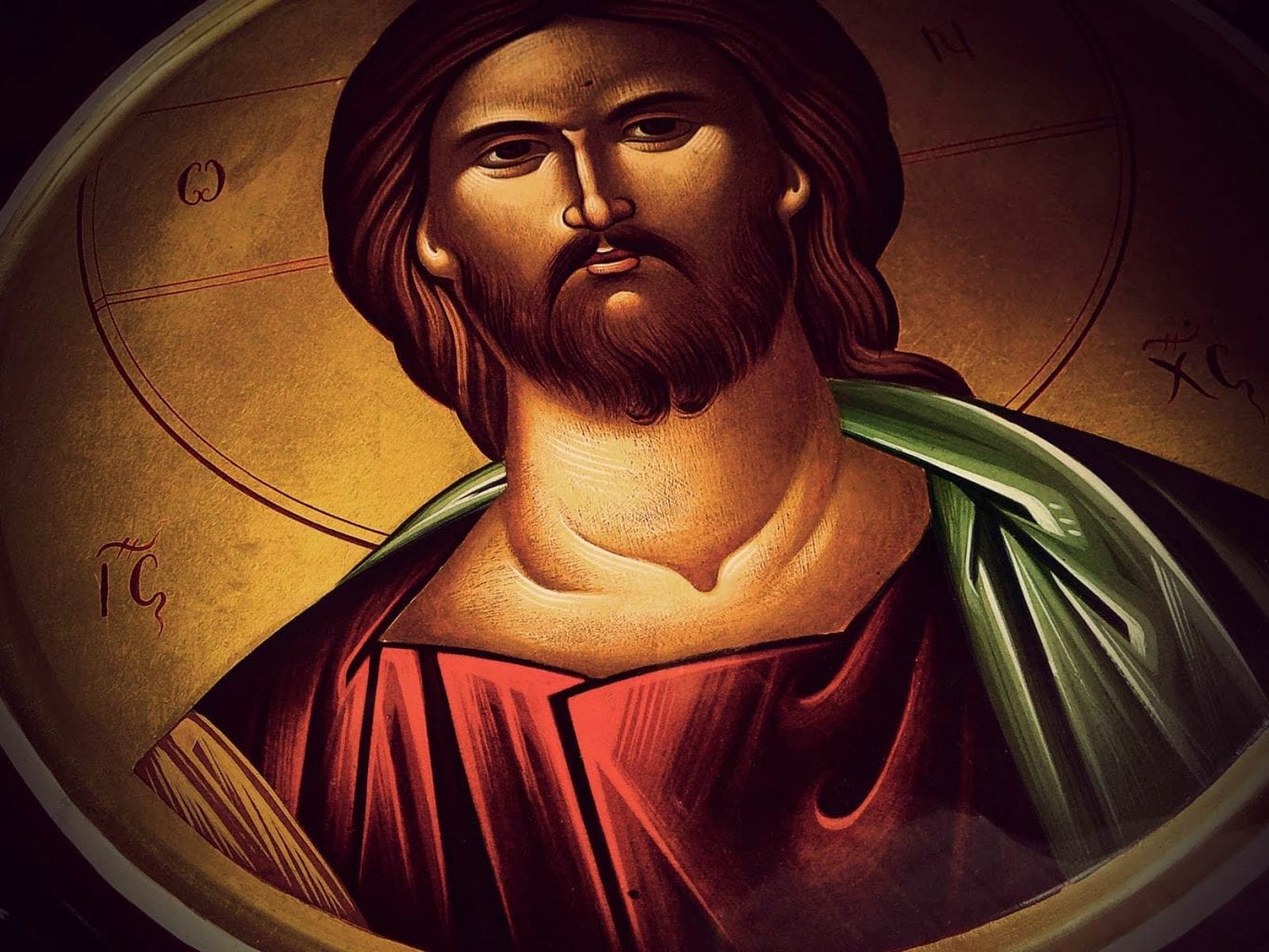Regina Caeli – Queen of Heaven, Rejoice!
The Regina Caeli, Latin for “Queen of Heaven,” is a hymn and prayer ...

Why must I confess my sins to a priest? Can’t I simply go straight to God? These questions about the Catholic Church’s sacrament of penance and reconciliation, aka confession, are answered poignantly by Blessed Isaac of Stella, an abbot from the 11th century (Sermo 11: PL 194, 1728-1729). It’s all about Christ’s decision to include his bride the Church in all that he does.
The prerogative of receiving the confession of sin and the power to forgive sin are two things that belong properly to God alone. We must confess our sins to him and look to him for forgiveness. Since only he has the power to forgive sins, it is to him that we must make our confession.
But when the Almighty, the Most High, wedded a bride who was weak and of low estate, he made that maid-servant a queen. He took her from her place behind him, at his feet, and enthroned her at his side. She had been born from his side, and therefore he betrothed her to himself.
And as all that belongs to the Father belongs also to the Son because by nature they are one, so also the bridegroom gave all he had to the bride and he shared in all that was hers. He made her one both with himself and with the Father. Praying for his bride, the Son said to the Father: I want them to be one with us, even as you and I are one.
And so the bridegroom is one with the Father and one with the bride. Whatever he found in his bride alien to her own nature he took from her and nailed to his cross when he bore her sins and destroyed them on the tree. He received from her and clothed himself in what was hers by nature and gave her what belonged to him as God. He destroyed what was diabolical, took to himself what was human, and conferred on her what was divine.
So all that belonged to the bride was shared in by the bridegroom, and he who had done no wrong and on whose lips was found no deceit could say: Have pity on me, Lord, for I am weak. Thus, sharing as he did in the bride’s weakness, the bridegroom made his own her cries of distress, and gave his bride all that was his. Therefore, she too has the prerogative of receiving the confession of sin and the power to forgive sin, which is the reason for the command: Go, show yourself to the priest.
The Church is incapable of forgiving any sin without Christ, and Christ is unwilling to forgive any sin without the Church. The Church cannot forgive the sin of one who has not repented, who has not been touched by Christ; Christ will not forgive the sin of one who despises the Church. What God has joined together, man must not separate. This is a great mystery, but I understand it as referring to Christ and the Church.
Do not destroy the whole Christ by separating head from body, for Christ is not complete without the Church, nor is the Church complete without Christ. The whole and complete Christ is head and body. This is why he said: No one has ever ascended into heaven except the Son of Man whose home is in heaven. He is the only man who can forgive sin.
Why must I confess my sins to a priest? Can’t I simply go straight to God? These questions about the Catholic Church’s sacrament of penance and reconciliation, aka confession, are answered poignantly by Blessed Isaac of Stella, an abbot from the 11th century (Sermo 11: PL 194, 1728-1729). It’s all about Christ’s decision to include his bride the Church in all that he does.
No Comments